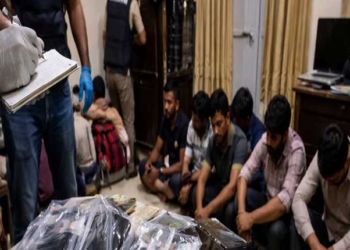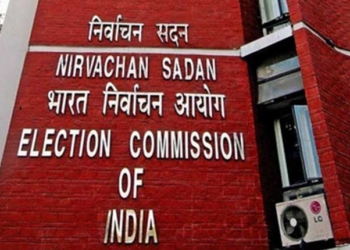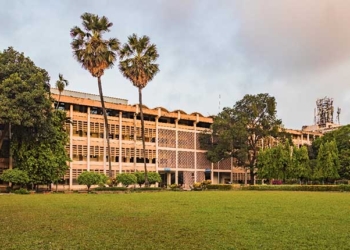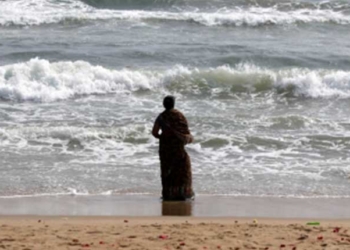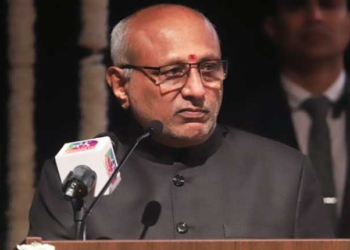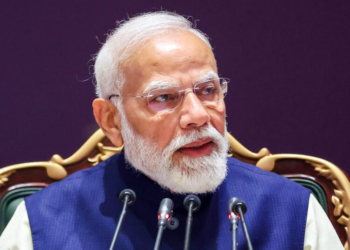New Delhi: The Supreme Court on Thursday said that the curative pleas filed against its 2013 ruling recriminalising homosexuality between consenting adults has been rendered infructuous as a result of the judgment in Navtej Singh Johar versus Union of India.
“The curative petitions have been rendered infructuous by the judgment which has been delivered by this court in Navtej Singh Johar,” said a 5-judge bench, headed by Chief Justice of India (CJI) D.Y. Chandrachud.
In the landmark 2018 Navtej Johar judgment, the top court unanimously declared the Section 377 of the Indian Penal Code (IPC) unconstitutional “in so far as it criminalises consensual sexual conduct between adults of the same sex” on a writ petition filed by social activist Johar and five others belonging to sexual and gender minority communities.
The five-judge Bench decriminalised consensual homosexual intercourse by keeping out of the purview of Section 377 of the IPC, even as the curative petition against the 2013 decision of the Division Bench that upheld the provision was pending.
The Delhi High Court had decriminalised homosexuality in 2009. However, in 2013, a two-judge bench of the Supreme Court overturned this verdict and restored the offence of sodomy immaterial of the consent in the statute book. Section 377 of the IPC, 1860 criminalised homosexuality as a sexual activity that went against the “order of nature”.
Recently, a 5-judge Constitution Bench headed by CJI Chandrachud refused to grant any legal recognition to same-sex couples and review petitions have been filed in the Supreme Court against its ruling given on October 17, 2023.
(IANS)




